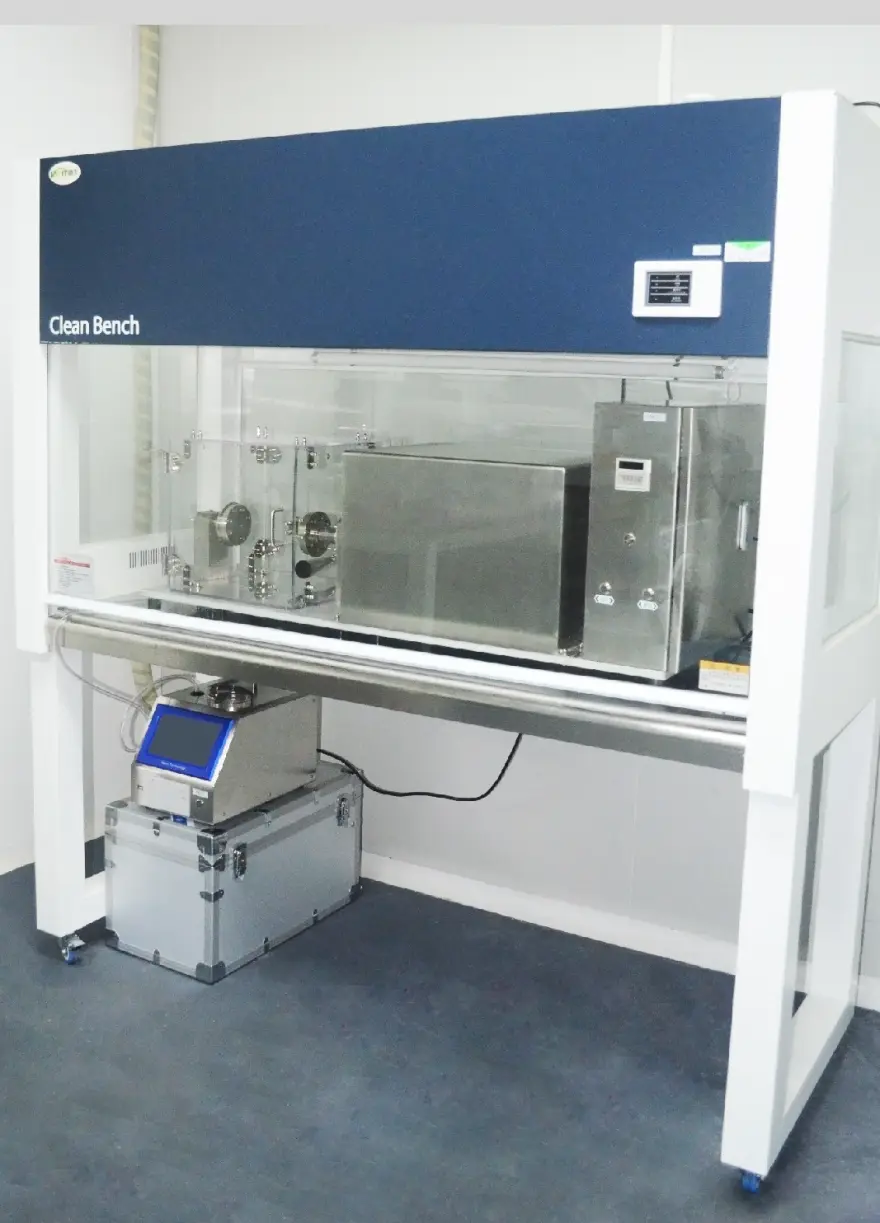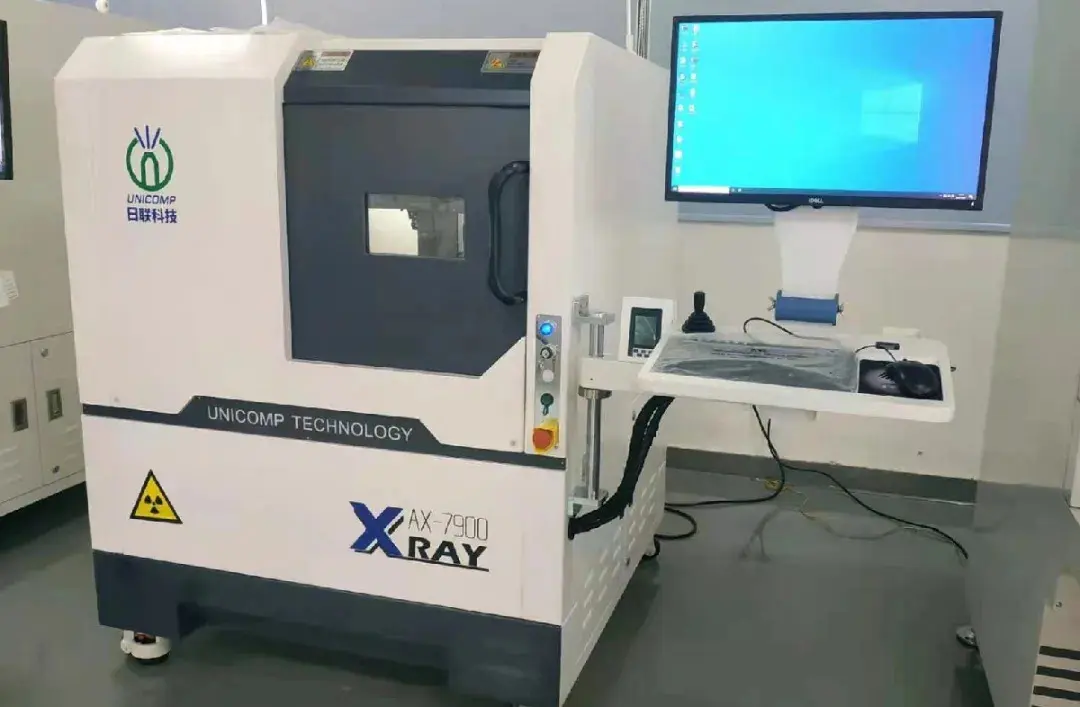
What is KC Certification?
kc certification (Korea Certification), also known as KC Safety Certification or kc mark certification, is a national unified certification standard implemented by the Korea Standards Association (KSA) from January 1, 2009. It is a mandatory safety certification system for products entering South Korea.
If a product that requires certification is sold in South Korea without KC approval, it may be subject to recall orders, and additional financial penalties or sales bans may be imposed on the manufacturer, importer, and/or distributor.
KC Certification Types:
1. KC Safety Certification
2. KC emc certification
3. KC RF Certification
4. Energy Efficiency MEPS/E-Standby Requirements
These certifications are overseen by different regulatory bodies to ensure products meet South Korea's safety, electromagnetic compatibility, radio frequency, and energy efficiency standards.
Scope of KC Certification
KC safety certification applies to three major categories of products:
1. Electronic Products: All electronic and electrical products, including wires and cables, switches, household appliances, power tools, audio/video equipment, lighting machines, etc.
2. Children's Products: Products such as toys, textiles for children and infants, children's car seats, educational supplies, children's bicycles, etc.
3. Consumer Goods: Daily-use consumer products, such as household appliances (e.g., refrigerators, dishwashers), audio and video equipment, eyeglass frames, fans, tents, motorcycle helmets, vehicles and accessories, etc.
KC Certification Duration and Validity
According to the Korean Electrical Safety Management Act, from January 1, 2009, electrical safety certification is divided into mandatory and voluntary certifications.
- Mandatory Certification: All electronic products in the mandatory product category must obtain the KC Mark before being sold in South Korea. These products undergo annual factory inspections and product sampling tests.
- Voluntary Certification: Products in the voluntary category only require testing and certification without factory inspections. Certificates are valid for five years.
Mandatory safety certification must be held by the factory, while the other types of certification can be held by manufacturers, importers, or distributors.
The certification application process typically takes 4 to 5 weeks, depending on the product type. To ensure the certification remains valid, companies must meet the necessary renewal requirements.
Steps to Obtain KC Certification:
1. Prepare application documents and submit
2. Register with a South Korean certification agency
3. Factory inspection (applies only for KC Safety Certification)
4. Product testing at an accredited laboratory (e.g., JJR Laboratory in China offers testing services and can save you up to 30% of the certification costs)
5. Verify all documents and issue KC Mark certificate
Once the KC certification is obtained, the product must display the KC Mark, which is typically in blue or gold and includes the certificate number. Additionally, product details like model name, manufacturer, and rated voltage must be marked on the label in Korean, with English being optional.
Required Materials:
- Electrical appliance safety certification application (mandatory)
- Self-regulation safety certification application and declaration (voluntary)
- List of parts directly affecting safety
- Electrical circuit diagram
- Detailed transformer specifications (if applicable)
- Insulation material list (temperature, voltage resistance, or flammability rating)
- Product manual (including Korean language manual)
- Label (Marking Label)
- Agent authorization documents (mandatory for self-regulation, required when agents apply)
- Questionnaire (only for mandatory certification)
Frequently Asked Questions About KC Certification
Can a factory or importer apply separately for KC safety and KCC/EMC certificates for the same product?
Yes, both the factory and importer can hold different certificates for the same product. However, if the applicant for both certificates is the South Korean importer, the applicant must be the same for both certifications.
What pro ducts can be sold without KC certification?
Among the 250 products subject to safety management, 215 categories are exempt from KC certification. However, products that do not display the KC Mark must include a statement like "This product is a proxy purchase product" or "This product is subject to safety management under the Electrical and Household Products Safety Management Act."
Exempt products include:
- Light bulbs installed in fixed indoor lighting fixtures or E-type lamp sockets
- Single-use manganese dry batteries or alkaline manganese batteries for daily use
- Certain types of electric heaters
KC Certification Labeling Requirements:
Once a product has obtained KC certification, it must display the KC Mark label. The KC Mark should be:
- Sized according to the product's size
- Clearly visible on the product or packaging, using methods like printing or engraving that are not easily removed
- Accompanied by the KC certification number
- The safety standard details must be listed in either Korean or English.
Email:hello@jjrlab.com
Write your message here and send it to us
 Packaging Validation ISO 11607 Test Report
Packaging Validation ISO 11607 Test Report
 What is the ISO 11607-1 Packaging Validation Test?
What is the ISO 11607-1 Packaging Validation Test?
 How to get an ISO 11737-1 Test Report?
How to get an ISO 11737-1 Test Report?
 Orthopedic Implant Cleanliness Testing
Orthopedic Implant Cleanliness Testing
 What is ISO 10993-23:2021 Irritation Testing?
What is ISO 10993-23:2021 Irritation Testing?
 ISO 10993-23 Irritation Testing Laboratory
ISO 10993-23 Irritation Testing Laboratory
 EMI Emissions Testing
EMI Emissions Testing
 EMC Standards for Medical Devices
EMC Standards for Medical Devices
Leave us a message
24-hour online customer service at any time to respond, so that you worry!




